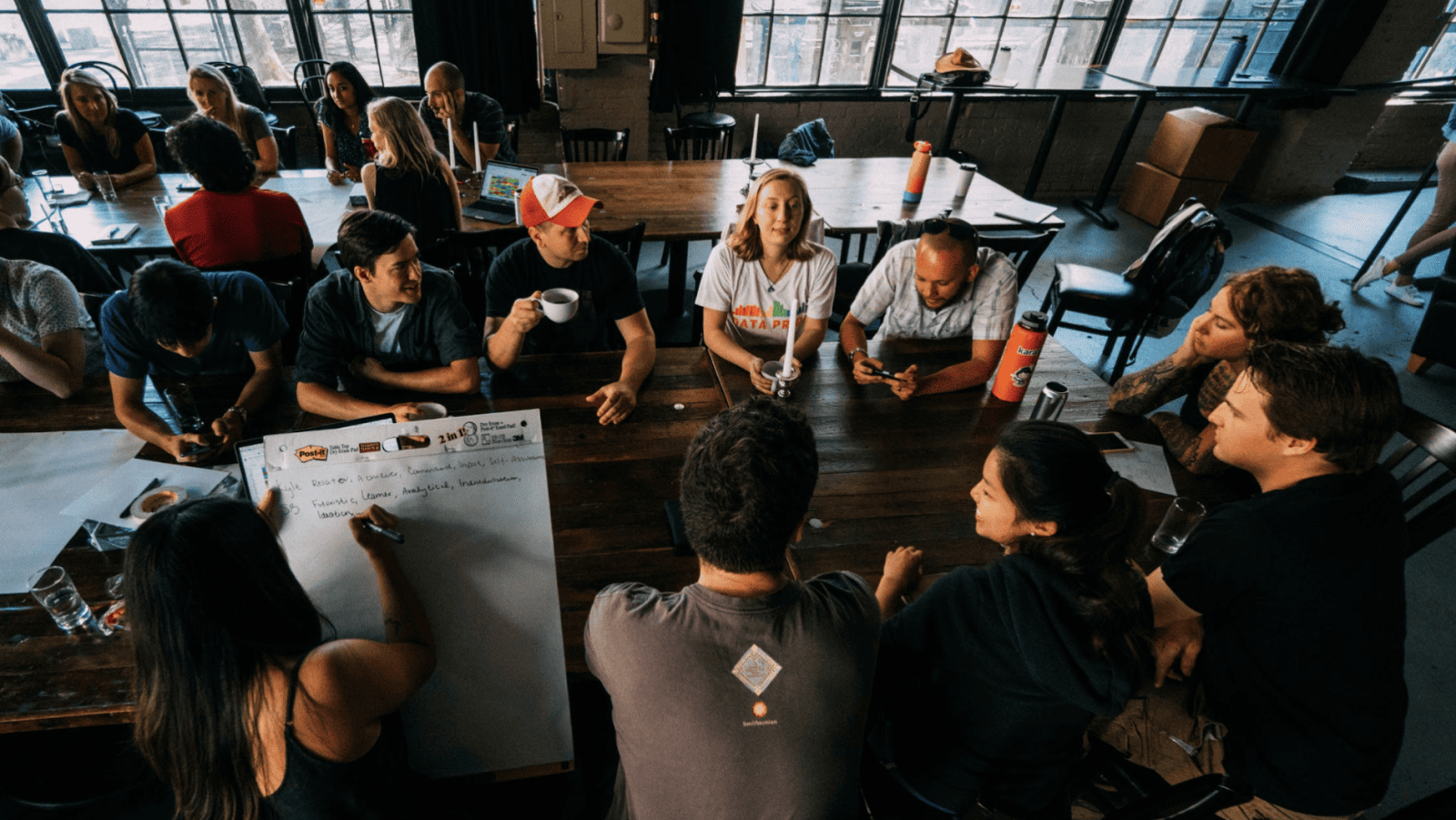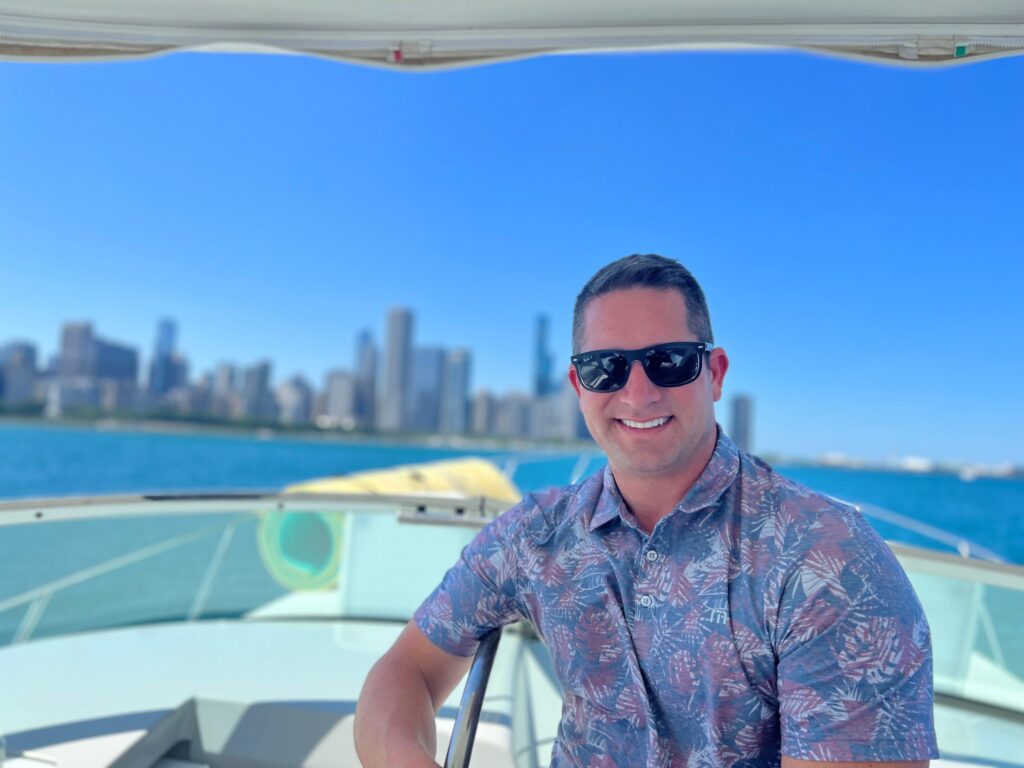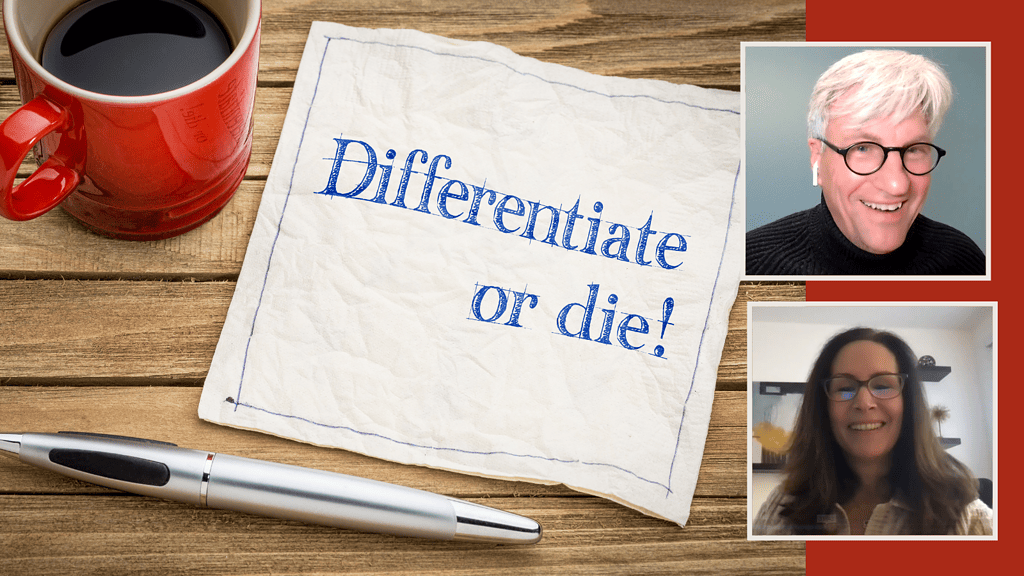Guest contributor Jeffrey Spector, co-founder and president of Karat – the world’s largest interview company – shares some of the challenges and rewards of founding and nurturing a purpose-driven company.
My co-founder Mohit Bhende and I started Karat with two goals. We wanted it to be successful, and we wanted it to serve a meaningful purpose.
One of the most important lessons I have learned in the past decade is that those two goals are actually one single goal. Our strong sense of purpose is the driving force behind our success.
Karat is the largest interviewing company in the world. The job interview can be either a bridge or a barrier to opportunity. Our purpose is to make sure it’s a bridge. Here are three lessons we’ve learned about how that purpose and our success are mutually reinforcing.
Make Sure You’re Offering an Impactful Solution That People Need and Want
It feels good to build and ship a product. But does it meet the needs of clients? It’s a simple question, but it’s not always easy to answer.
Consider Karat, an interviewing company. Every company conducts interviews—but as a secondary activity. It’s not what they’re good at, and it distracts from the core work that they are good at, but there’s no way to build a business without it. We felt interviewing is so important that it should be somebody’s primary job, so we made it ours.
Of course, we’re not the only people who noticed this problem. Most solutions in our space were created by engineers, which makes sense because they experience technical interviewing first-hand. Naturally, given their skills, they tend to build tools to automate everything.
Mo and I came at the problem from a different perspective. We talked to hundreds of hiring managers. We talked to thousands of computer science students, software engineers, and recruiters. We wanted to understand the problem before we tried to solve it.
We were confident that getting rid of humans was the wrong approach. Hiring, being hired, work—these are fundamentally human affairs. It wouldn’t work without that element. But, we thought, maybe we could build systems and technology that helped humans do the job better—that carved out a path toward greater opportunity instead of blocking it.
That is why we hire software engineers who are exceptionally good at interviewing and equip them with tools so they can focus on the characteristics that distinguish an excellent hire. They’re called interview engineers, they conduct tens of thousands of interviews a month, and they’re why what we offer our clients is what our clients really need.
Invest Long Term and Make Hard Tradeoffs
When you’re a startup, one of the hardest things is balancing the short and long term. You need some immediate wins because, without them, you might not survive. But if you always optimize for right now, you won’t end up with anything of value that lasts.
So sometimes, as counterintuitive as it may seem, you have to sacrifice the short term. One of the innovations we’re proudest of at Karat is the Redo interview.
You need some immediate wins because, without them, you might not survive. But if you always optimize for right now, you won’t end up with anything of value that lasts.
Our qualitative research showed that one challenge facing underrepresented engineers was a lack of interview practice. In fact, for some, their first job interview was also their first technical interview ever! Anxiety around the interview itself was making many talented candidates underperform.
So we decided to start giving candidates the option to interview a second time if they didn’t feel good about how their first interview went. We believed this would not only help candidates do their best but also help more companies hire more good engineers.
But just because we believed it doesn’t mean our clients did. So we made the very hard decision to pay for the Redo interviews ourselves until we had enough data to show our clients they were working. In the short term, this cost money we didn’t have enough of. But in the long term, it set our business up to offer something truly unique and valuable. So far, companies have hired more than 1,000 engineers through Redos.
Build a Movement, Not Just a Company
We have been very public about what the Redo is, why we do it, and how we do it. We are not proprietary about it. In fact, we hope that companies start doing it for their in-house interviews, too, because it is the right way forward for the industry. In the end, we’ll be more successful as co-sponsors of this movement than we will be as a company that tried to capitalize on what could have been a game-changing innovation by keeping it a secret.
This is an important lesson about communications and marketing in general. You’re the most persuasive when you can show that you truly believe in what you’re saying.
Another example: We have commissioned tons of research (like this and this) that help people understand the ways in which interviews have been a barrier to opportunity. We do this because it informs our own work as a company, yes, but also because it informs the entire sector and hopefully builds momentum toward more ambitious solutions. Ultimately, that big sector- and society-wide ambition is what is going to make us successful.
Editor’s Note: Yet another prime example of Karat’s purpose-driven model is how they’ve used their platform to power Brilliant Black Minds, a remarkable DEI program that is focused on doubling the number of Black software engineers in the US.
About the Author
Jeffrey Spector is the co-founder and President of Karat, the world’s largest interviewing company and pioneer of the Interview Cloud. Previously, Jeff served as chief of staff to Melinda Gates at the Bill & Melinda Gates Foundation, where he played a pivotal role in advancing the foundation’s strategic focus on economic equity for women and girls. He also served as the vice president of customer and market research at Linktone, a Shanghai-based mobile services startup, where he helped guide the company through its NASDAQ IPO.



